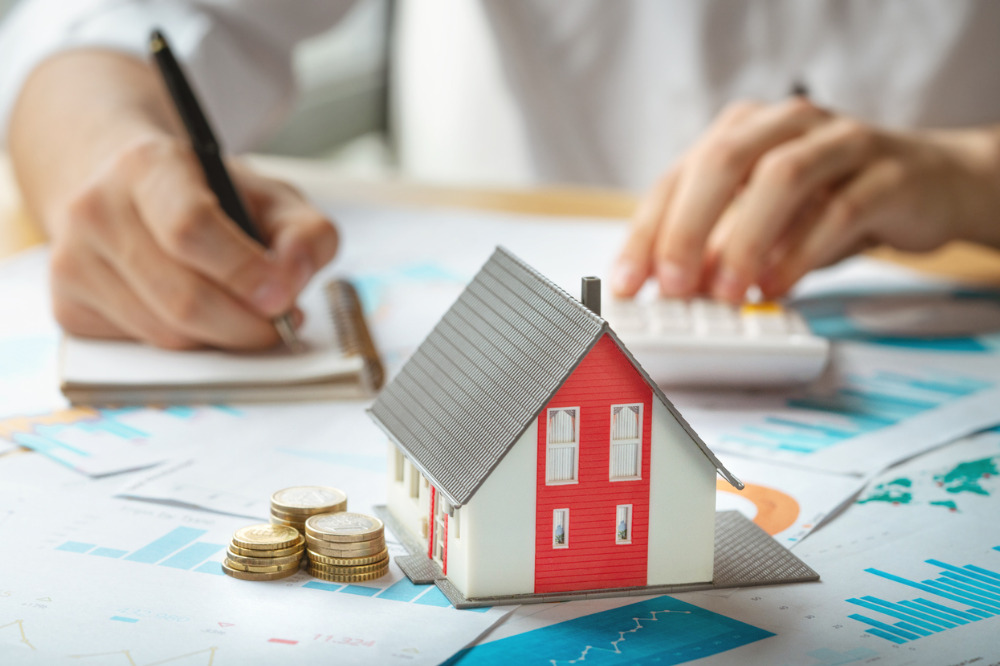US consumers’ home-purchase sentiment dropped in July after two straight months of increases, as more renters and lower-income households impacted by COVID-19 think now is a bad time to buy a home.
The Fannie Mae Home Purchase Sentiment Index (HPSI) dwindled 2.3 points from June to July, down to a 74.2 reading. The HPSI is also 19.5 points lower than this time a year ago.
“Following a partial recovery of the HPSI in the previous two months, consumer sentiment toward housing took a slight step back in July amid a rise in coronavirus infections across many parts of the country, including the south and southwest,” said Doug Duncan, senior vice president and chief economist of Fannie Mae. “Supply constraints appear to be applying upward pressure to consumers’ home price expectations, which in turn has contributed to both a sharp reversal in optimism about whether it is a good time to buy a home and further improvement in home-selling sentiment.”
Among the respondent groups, more first-time buyers have reported a significantly more pessimistic outlook on purchasing a home in today’s housing market environment, according to Duncan.
“The July survey was conducted as legislators considered the extension of several provisions in the CARES Act to support household incomes during the pandemic,” he said.” Not surprisingly – more than any other respondent groups – renters, 18-to-34-year olds, and households earning less than $100,000 think it’s a bad time to buy a home, which we believe suggests a less favorable outlook for first-time homebuying activity.”
Three of the six HPSI components saw monthly decreases, with more consumers leaning towards better selling conditions.
- The net share of Americans who say it is a good time to buy a home plunged 19 percentage points to 53% in July
- The net share of Americans who think it is a good time to sell rose four percentage points to 45%
- The net share of Americans who expect home prices to go up in the next 12 months increased three percentage points to 35%
- The net share of Americans who believe mortgage rates will go down in the next 12 months fell four percentage points to 16%
- The net share of Americans who say they are not concerned about losing their job in the next 12 months climbed five percentage points to 76%
- The net share of Americans who reported that their household income is significantly higher than it was 12 months ago dropped three percentage points to 22%
“In the months ahead, we continue to expect consumer sentiment to be closely linked to the country’s progress in containing the spread of the virus,” Duncan said.

